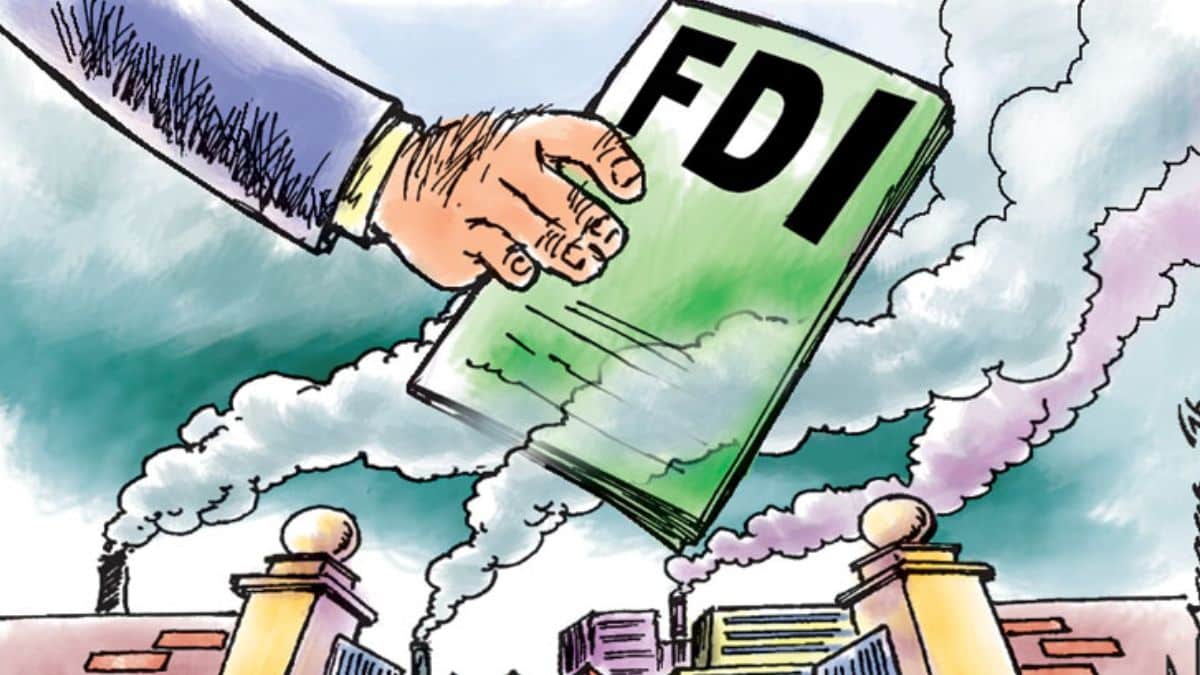Nepal has witnessed a significant surge in foreign direct investment (FDI) commitments, with the total amount doubling to Rs 61.78 billion, according to recent reports. This marks a record high for the country, highlighting a growing interest from international investors in Nepal’s economy.
The extraordinary investment commitment of Rs13.10 billion from the Cayman Islands, a British overseas territory in the Caribbean, is a noteworthy development in this upsurge. This is the first time Nepal has received such a substantial investment commitment from the Cayman Islands, indicating a diversification in the sources of FDI.
Krishna Prasain, a prominent economist, emphasized the importance of this milestone, stating, “The inflow of investment from diverse geographical locations demonstrates Nepal’s increasing attractiveness as a destination for foreign capital. This is a positive sign for our economy, as it suggests confidence in the country’s economic potential and stability.”
The increase in FDI commitments is seen as a result of improved economic policies and reforms aimed at creating a more conducive environment for investors. The government has been actively working on policy reforms to streamline investment procedures, reduce bureaucratic hurdles, and offer incentives to foreign investors. These measures are designed to attract more foreign capital, which is crucial for driving economic growth and development.
In addition to the significant investment from the Cayman Islands, other countries have also shown increased interest in Nepal’s market. Recent figures indicate that the United States and several European countries have raised their investment commitments by 20% and 15%, respectively, underscoring a broadening international confidence in Nepal’s economic stability and growth potential. This influx is expected to bolster sectors such as technology, infrastructure, and manufacturing, which are crucial for Nepal’s developmental goals.
Furthermore, the government’s efforts to improve the investment climate include plans to enhance transparency in the business environment and introduce more investor-friendly regulations. These initiatives are part of a broader strategy to foster sustainable economic growth and attract high-quality foreign investments. With ongoing infrastructural upgrades and strategic partnerships, Nepal aims to position itself as a competitive player in the regional and global investment landscape.
Experts also caution that while the increase in FDI commitments is a positive indicator, the actual realization of these investments remains a critical factor. There is a need for consistent follow-through on policy implementation and a supportive regulatory framework to ensure that these commitments translate into tangible economic benefits.
The government’s ongoing efforts to improve infrastructure, enhance connectivity, and promote industrial development are expected to further bolster investor confidence. As Nepal continues to open its doors to foreign investment, the focus will remain on creating a stable and attractive investment climate to sustain and build upon this momentum.
This development is a promising sign for Nepal’s economic future, suggesting a potential for increased job creation, technology transfer, and overall economic growth. The government and private sector alike are hopeful that this upward trend in FDI will continue, contributing to the country’s long-term economic prosperity.

